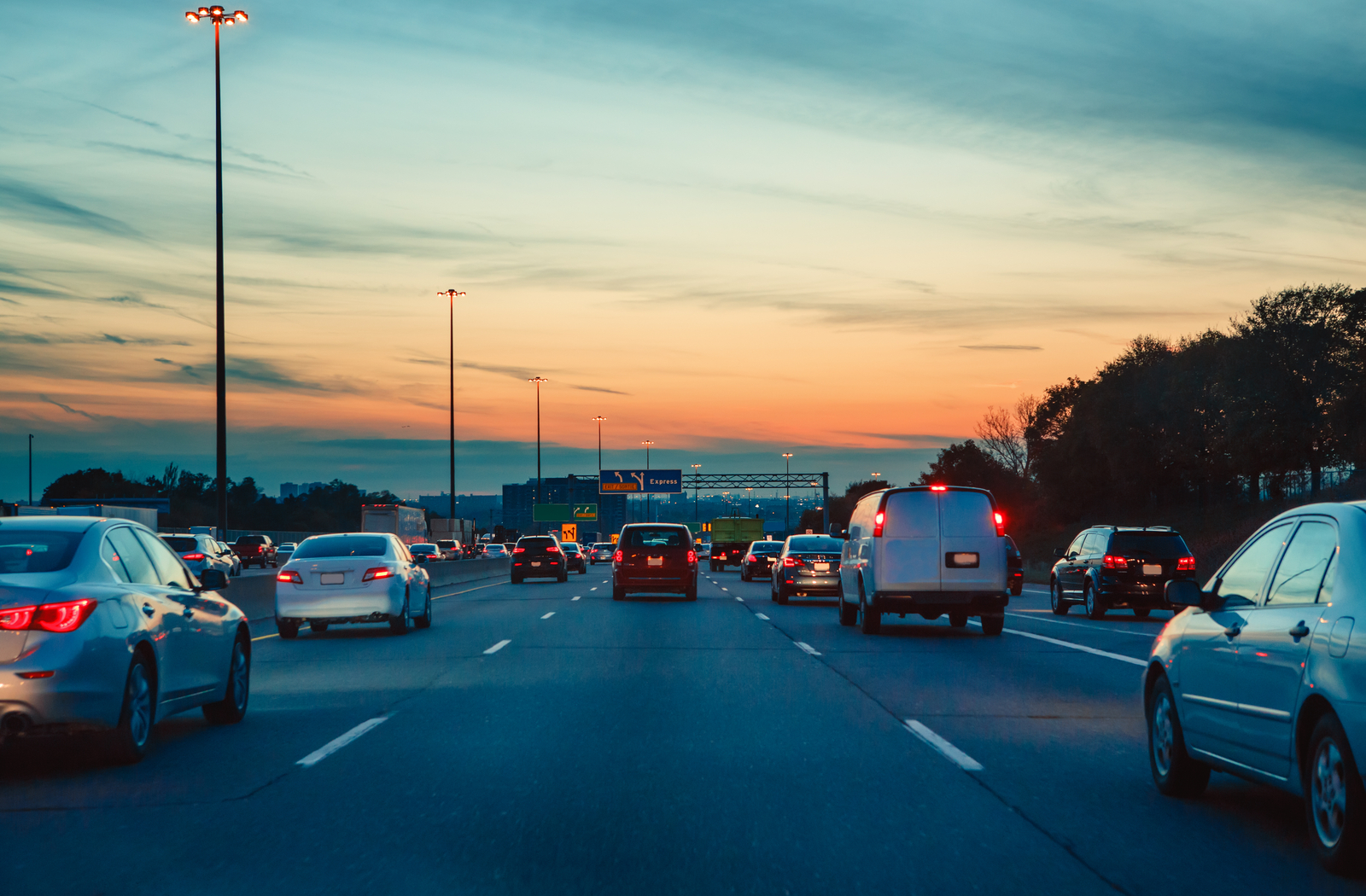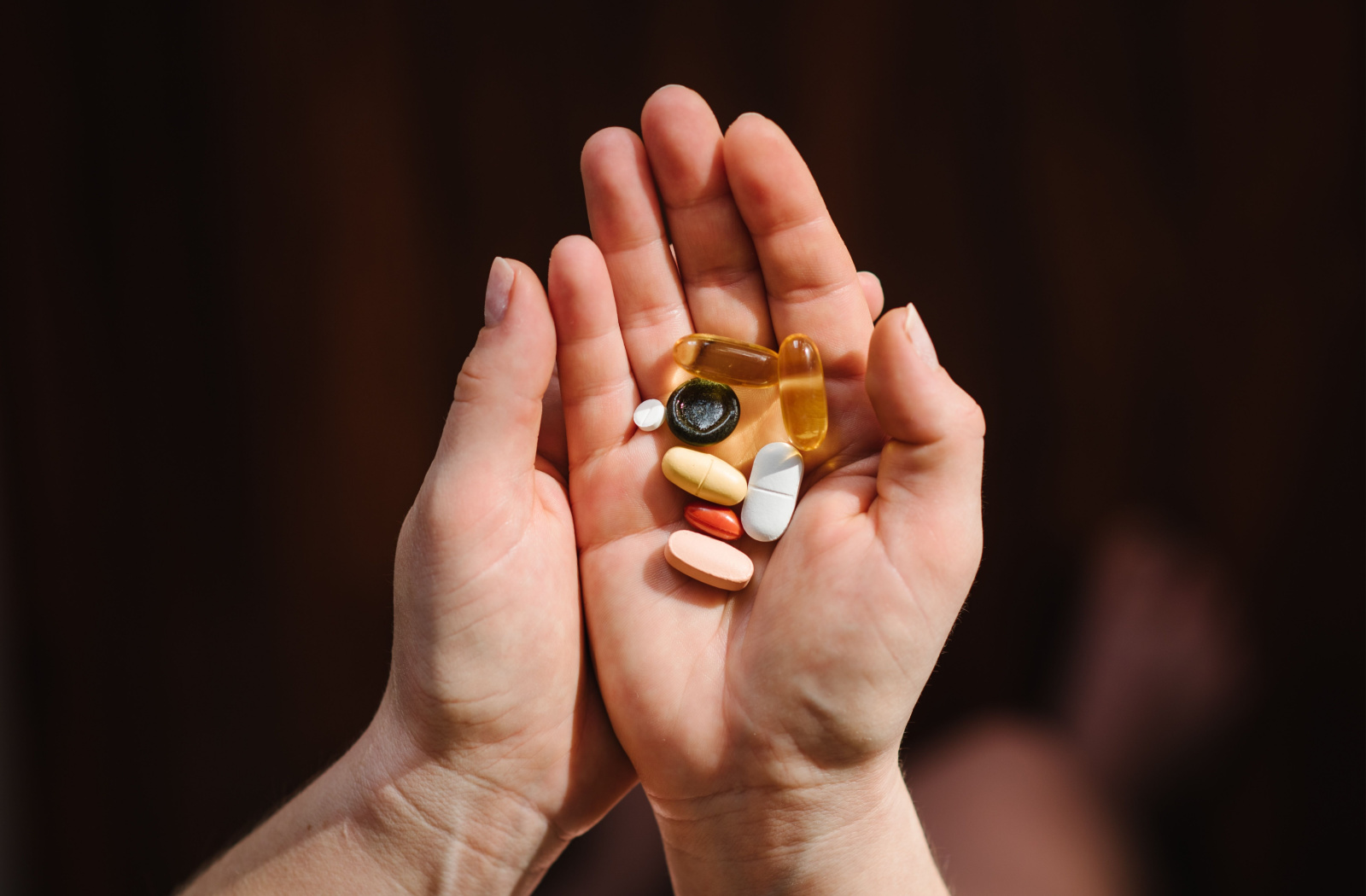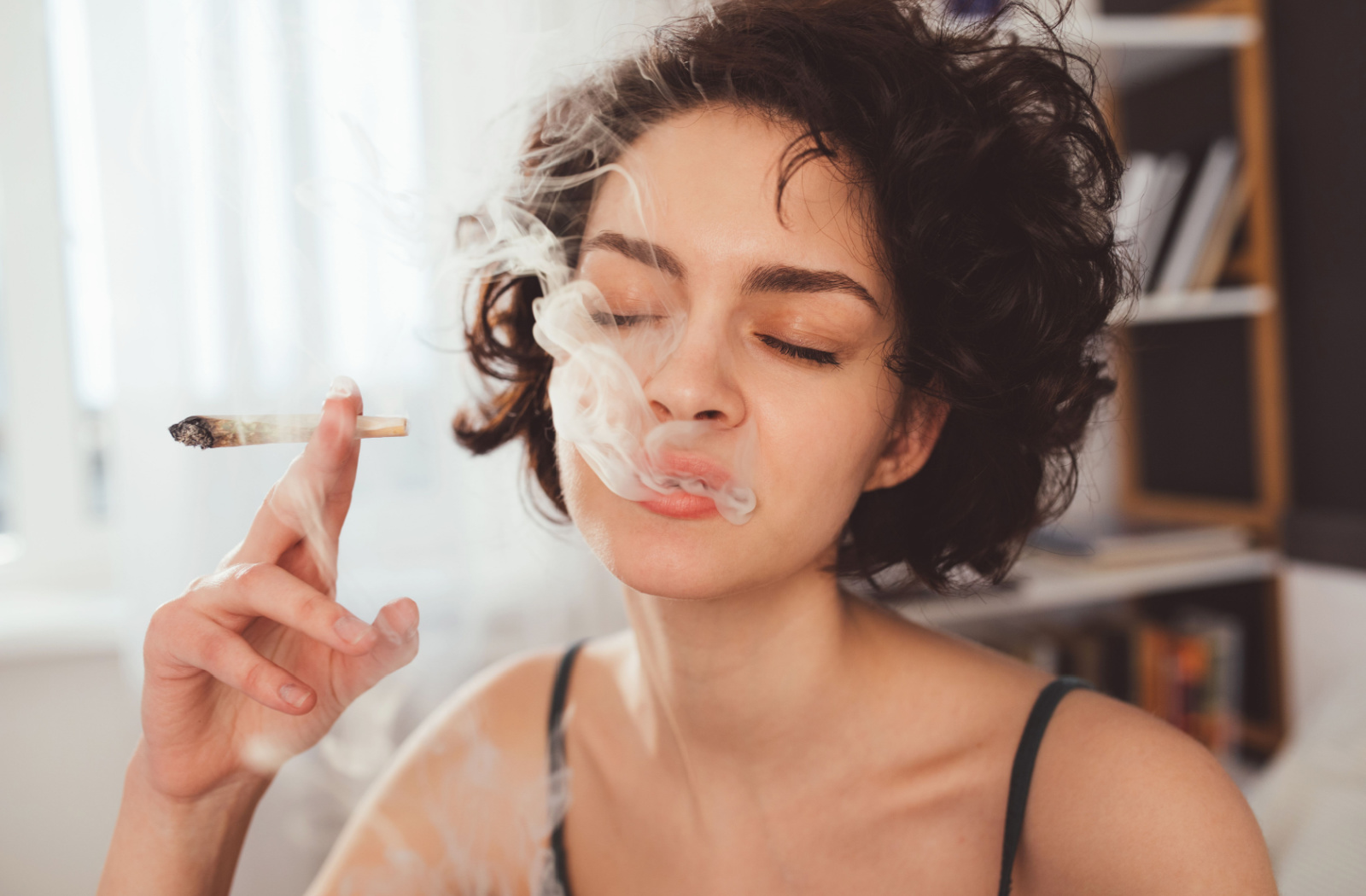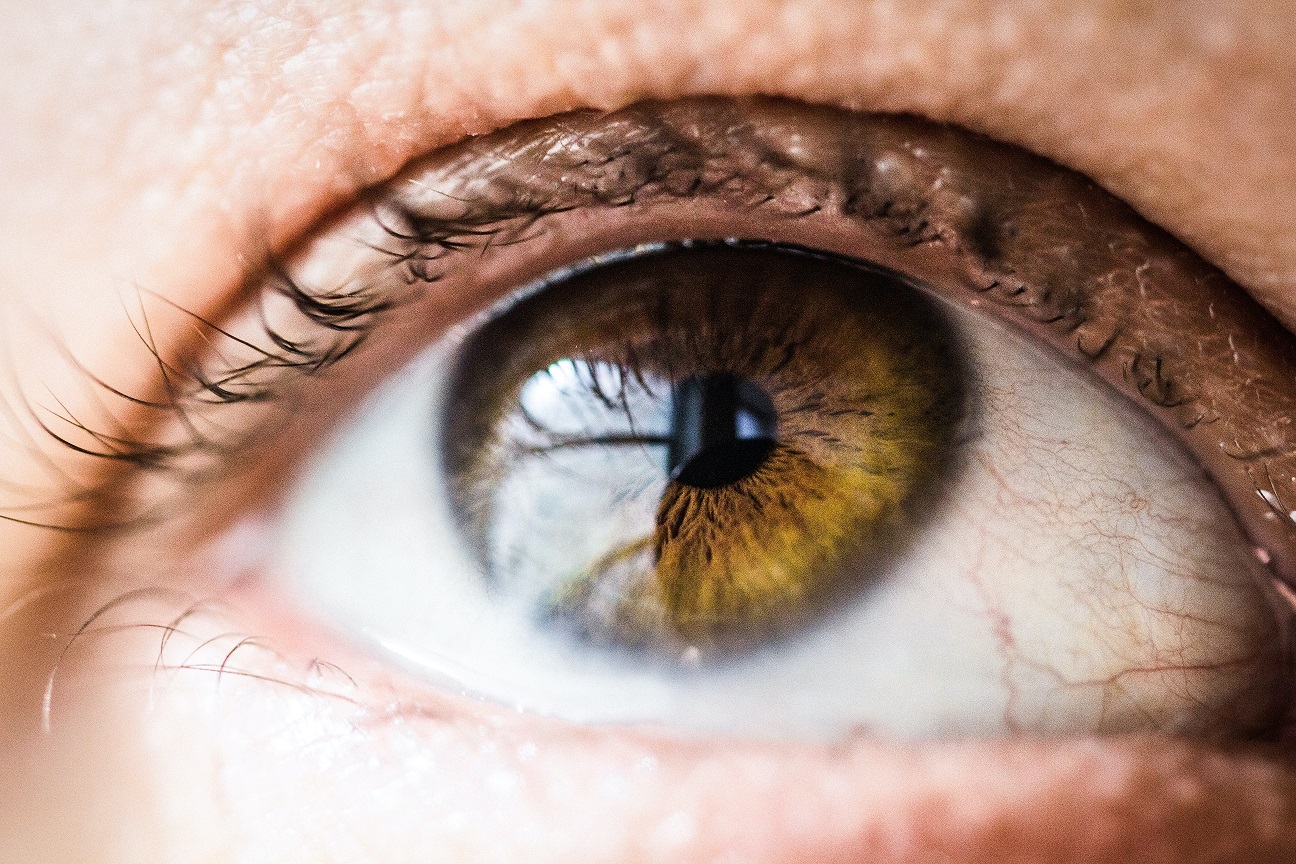Dry eyes can be irritating at any time of day, but many people experience particularly annoying symptoms of this common condition at night. Falling asleep with itchy eyes can be difficult, and you certainly don’t want to wake up with your eyelids stuck together. However, these situations are all too common for people with moderate to severe dry eye syndrome.
The question is, what causes dry eye symptoms to appear at night—and how can you manage them effectively? Our organization has been connecting people with effective dry eye therapy and providing useful eye health information for years, so we’re well-equipped to help you unravel this mystery. Read on, and discover our tips for reclaiming your nights from dry eyes.
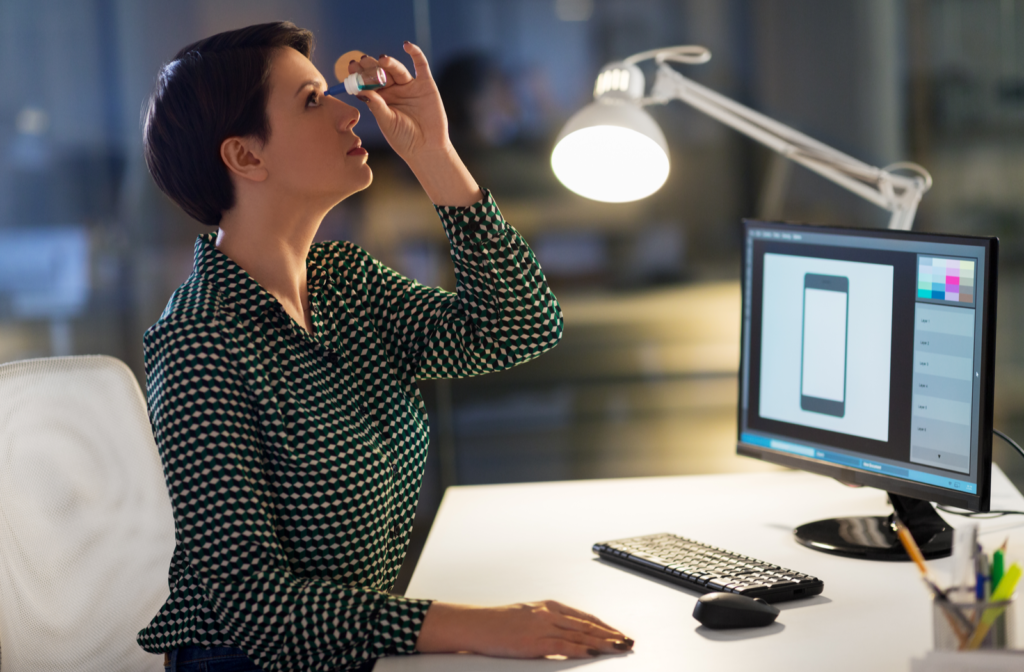
Dry Eyes At Night vs. During the Day: a Comparison
Several of the most common dry eye symptoms tend to become more severe throughout the day and reach their highest levels at night. These include:
- Itching and soreness
- The feeling of grit or dirt stuck inside your eye (foreign body sensation)
- Tired eyes
In some cases, blepharitis—an inflammation of the eyelids that is closely linked to dry eyes—can also cause your eyelids to stick together overnight. Waking up with sticky, swollen eyelids can be an upsetting way to start the day, so if your dry eyes are acting up at night, it’s best to manage their symptoms proactively.
What Makes Dry Eyes Flare Up At Night?
There are several theories as to why nighttime dry eye symptoms are particularly bothersome. One focuses on the body’s natural nightly metabolic changes, while another blames dry eyes on the position of the eyelids during sleep.
Dry Eyes and Your Metabolism
Your body temperature naturally drops by one or two degrees in the hours before you go to sleep, and your metabolism slows down. As a result, your blood flow slows down as well, which means that nutrients reach the different areas of your body more slowly than they would during the day.
The eye needs multiple vitamins and fatty acids to help produce tears. When your metabolism slows down, these nutrients arrive more slowly, temporarily reducing tear production. Some research suggests that this phenomenon is the primary reason why people who already have dry eyes often feel their symptoms more prominently at night.
Dry Eyes and Your Eyelids
There’s another, much simpler explanation for why dry eyes feel worse at night: some people might just be sleeping with their eyelids open. An estimated 20 percent of people do not close their eyelids completely when they sleep.
Of course, leaving your eyelids open all night exposes them to the air for hours—and since your eyes produce fewer tears at night anyway, this is likely to make dry eye symptoms much worse. However, there are a few easy things you can do to reduce nightly symptoms of dry eyes, and to prevent your daytime symptoms from worsening.
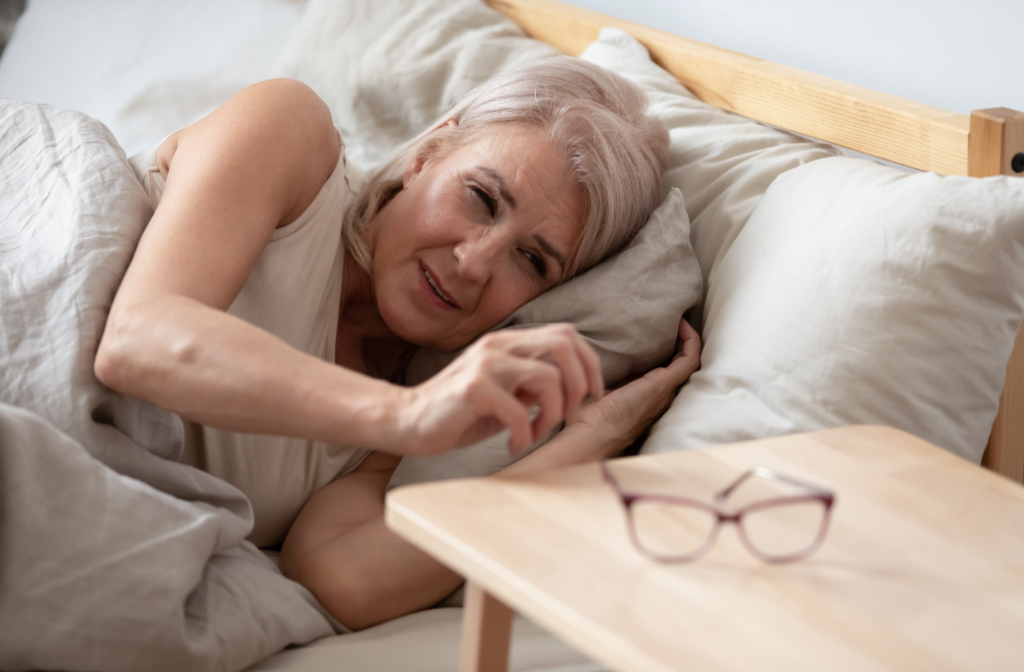
How to Manage Dry Eyes At Night
If you have dry eyes, the first thing you should do is schedule an appointment with your eye doctor. They’ll be able to provide an accurate diagnosis of the problem, and recommend numerous strategies for managing your symptoms.
For people whose dry eyes are particularly bad at night, eye doctors will normally recommend one of the following products or regimens:
- Lubricating eye drops: often referred to as artificial tears, these products temporarily restore moisture to your eyes.
- Ointments and gels: these products may reduce the redness and swelling that accompany dry eyes. Specific varieties are meant to be used before going to sleep, so as to reduce overnight inflammation and prevent your eyes from sticking together in your sleep.
- Sleep masks or eye seals: these devices are typically intended for people whose eyelids don’t close all the way in their sleep. Masks and seals can protect your partially-open eyes from dry outside air while you’re sleeping.
Take Back Your Nights From Dry Eyes
Living with dry eyes during the daytime can be challenging enough on its own—there’s no reason to suffer at night too. Contact your dry eye doctor and use what you’ve learned here to start a conversation about managing your nightly dry eye symptoms effectively.


